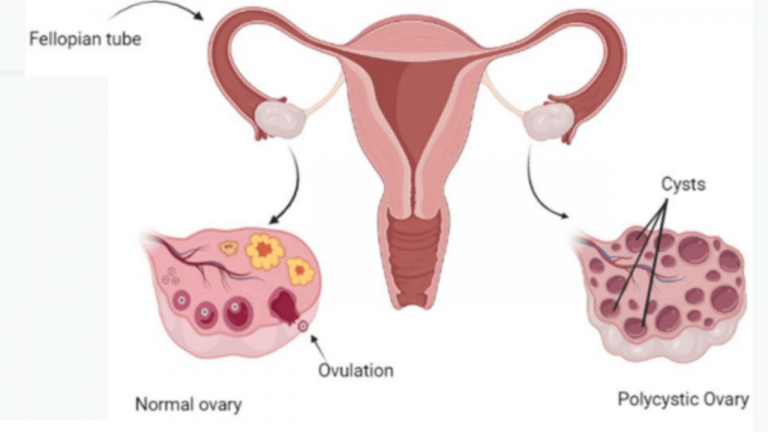Common Women’s Health Issues

Women may experience various health issues throughout their lives, some of which are unique to the female body. It’s essential to be aware of these common women’s health issues and seek appropriate medical care when needed. Some of the most common women’s health issues include:
Menstrual Irregularities: Many women experience irregular menstrual cycles at some point in their lives. This can include irregular periods, heavy or prolonged bleeding (menorrhagia), or absence of periods (amenorrhea). Hormonal imbalances, stress, lifestyle factors, and certain medical conditions can contribute to menstrual irregularities.
Premenstrual Syndrome (PMS): PMS refers to a combination of physical and emotional symptoms that occur in the days leading up to menstruation. Common symptoms include mood swings, irritability, bloating, breast tenderness, and fatigue.
Polycystic Ovary Syndrome (PCOS): PCOS is a hormonal disorder that affects the ovaries, leading to the formation of small cysts. It can cause irregular periods, excess hair growth, acne, and difficulties with fertility.
Urinary Tract Infections (UTIs): UTIs are more common in women than men due to the shorter length of the female urethra, which allows bacteria to enter the urinary tract more easily. Symptoms may include frequent urination, a burning sensation during urination, and lower abdominal pain.
Yeast Infections: Yeast infections, caused by the overgrowth of the Candida fungus, can affect the vagina, causing itching, burning, and a thick white discharge.
Pelvic Inflammatory Disease (PID): PID is an infection of the female reproductive organs, often caused by sexually transmitted infections (STIs). It can lead to pelvic pain, fever, and complications affecting fertility if left untreated.
Endometriosis: Endometriosis is a condition in which the tissue that lines the uterus (endometrium) grows outside the uterus, typically on the ovaries, fallopian tubes, or other pelvic organs. It can cause chronic pelvic pain and fertility problems.
Menopause: Menopause marks the end of a woman’s reproductive years and is characterized by the cessation of menstruation. Menopausal symptoms may include hot flashes, night sweats, mood changes, and vaginal dryness.
Breast Health Issues: Breast health concerns may include breast pain (mastalgia), breast lumps, and changes in breast tissue. Regular breast self-examination and clinical breast exams are essential for early detection of potential issues.
Osteoporosis: Osteoporosis is a condition in which bone density decreases, making bones more susceptible to fractures. Women are at a higher risk of developing osteoporosis, especially after menopause.
Breast Cancer and Cervical Cancer: These are two significant health concerns for women. Regular screenings, such as mammograms and Pap smears, are essential for early detection and effective treatment.
It’s crucial for women to prioritize their health and well-being by seeking regular check-ups, maintaining a healthy lifestyle, and addressing any health concerns promptly with their healthcare providers. Each woman’s health journey is unique, and early detection and preventive measures can play a significant role in maintaining good health and quality of life.



